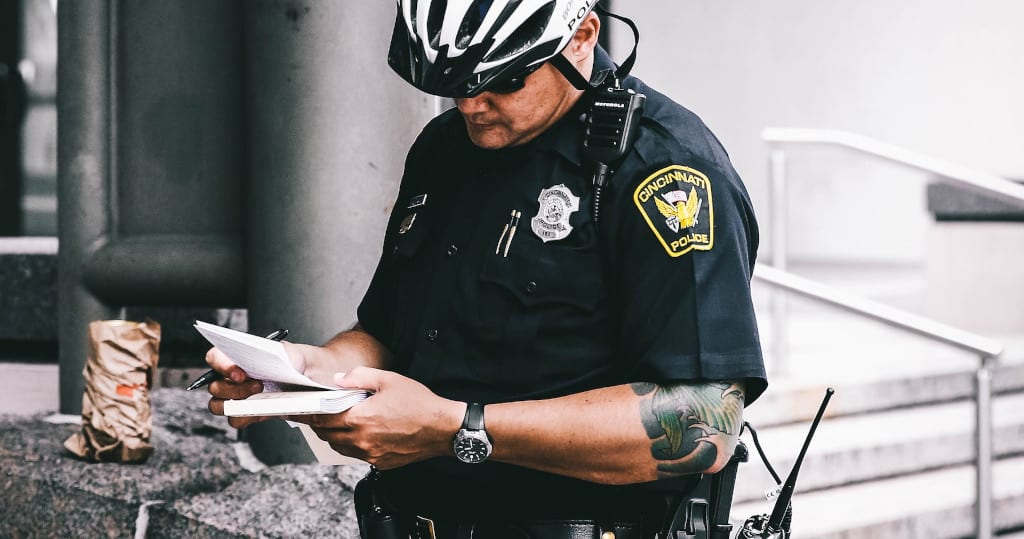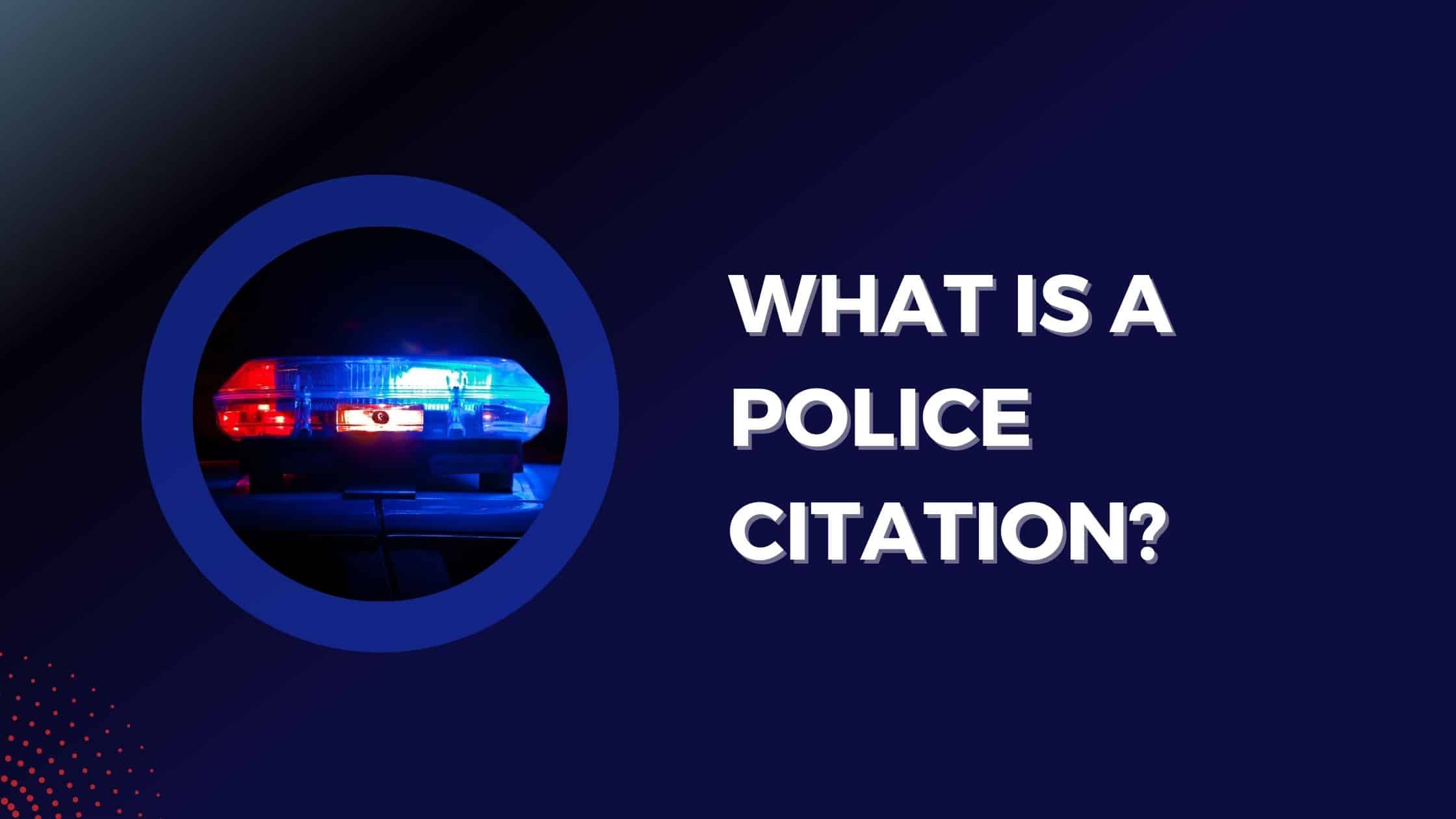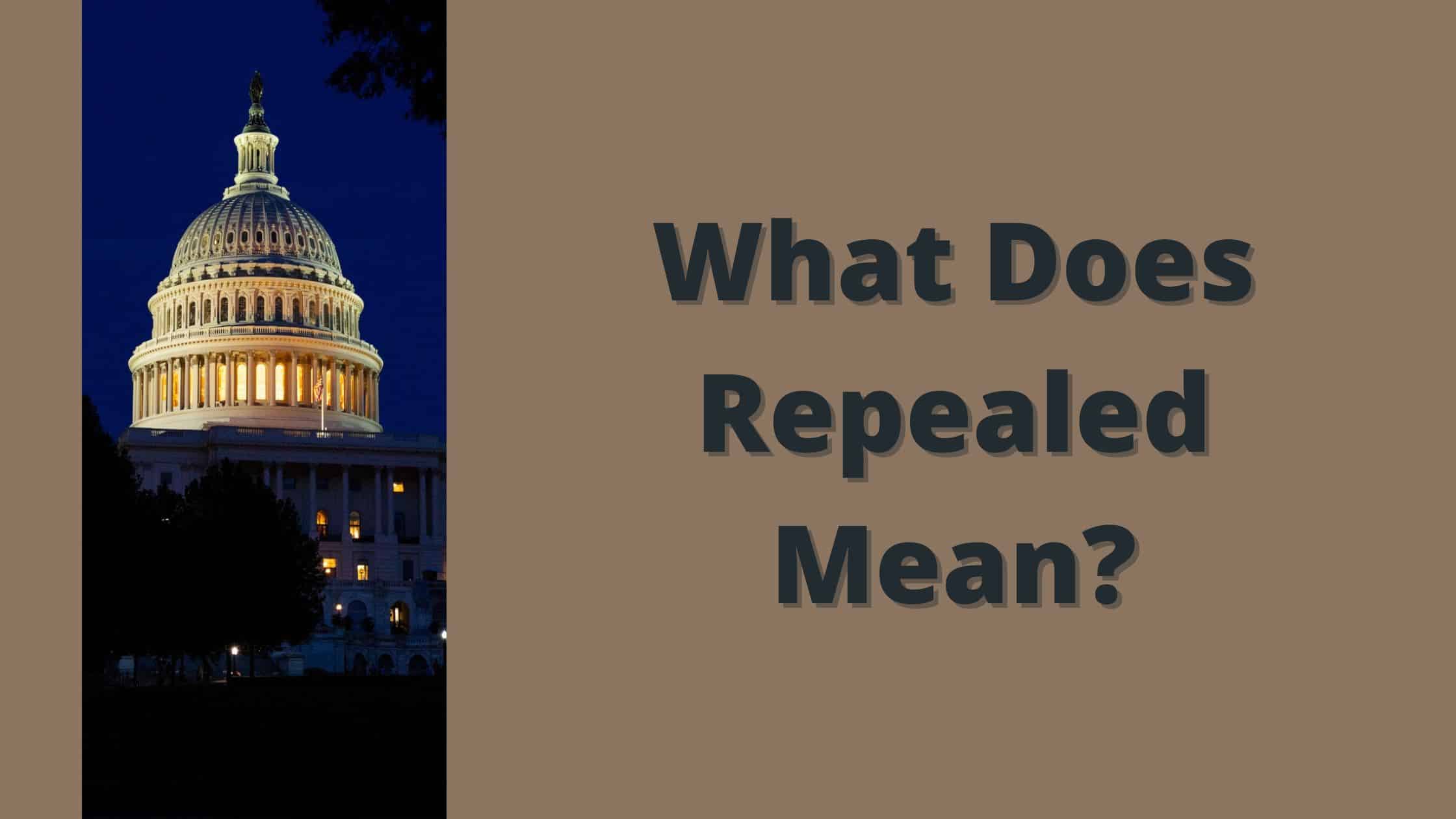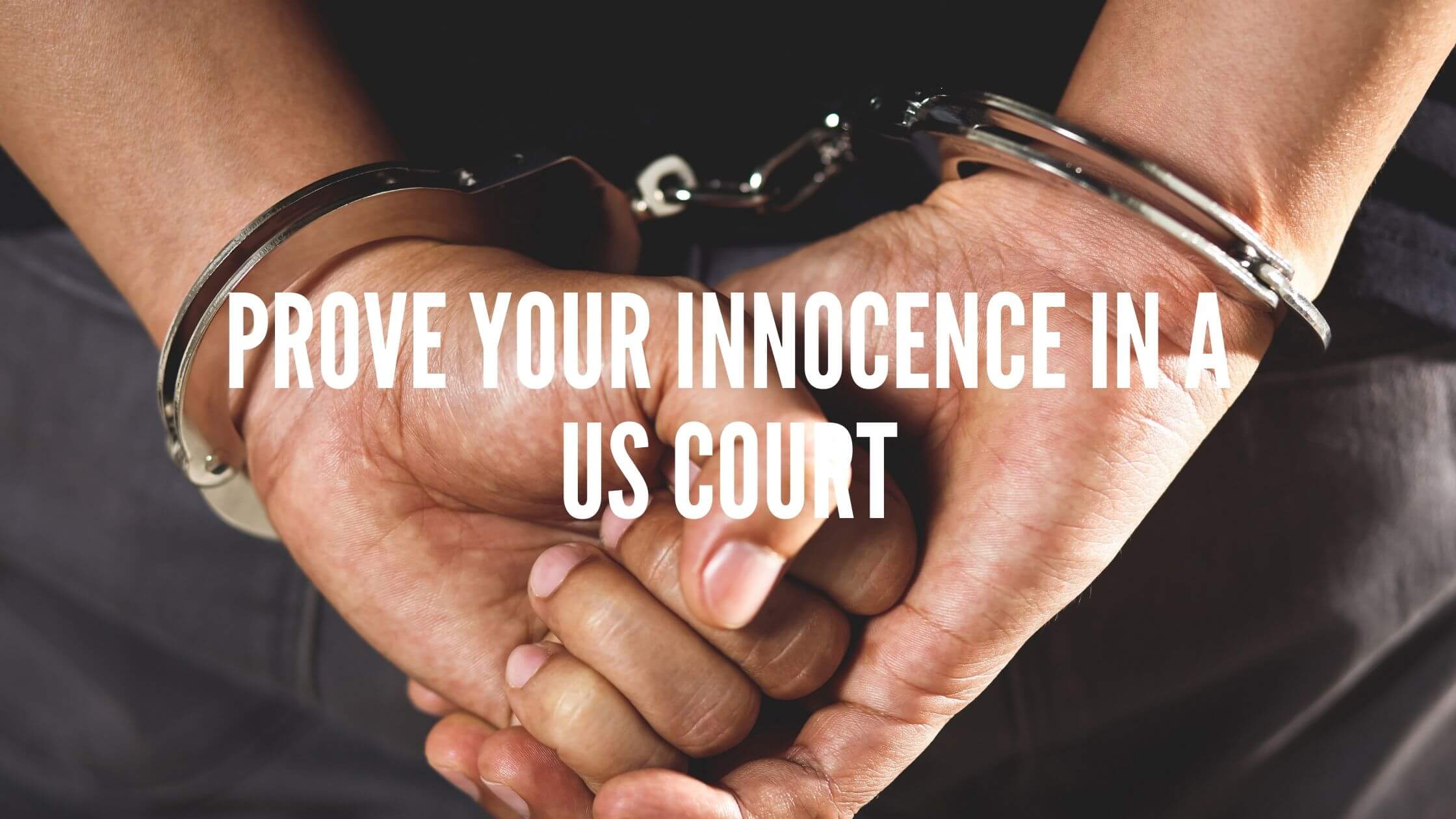Table of Contents
ToggleLegal jargon can be confusing, especially when words like citation and ticket are extremely similar in meaning.
What is a police citation?
A citation explains that you have broken the law and must face the appropriate consequences.
Citations can be related to a criminal traffic violation, crime, or both. Some citations are written warnings and don’t go on your record.
Failure to heed a citation or pay a fine can have serious consequences, so don’t ignore it.
Usually, in the United States, people receive citations for breaking a traffic law. For instance, a police officer could pull you over and issue you a citation if you failed to halt for a stop sign.
The citation will describe what law you broke and how much the fine is. It will also contain a date and time to appear in court or specify when this date will be provided to you later. A citation will appear on your driving record and can count against your license by adding points.
Types of Citations
The two types of citations are traffic citations and criminal citations. In some instances, a citation can be both.

For example, someone caught driving recklessly may receive a traffic citation and be charged with a misdemeanor. These citations will require you to appear in court and be in front of a judge.
You can also receive a citation for violating a city ordinance. If you play music too loud at home, you might receive a knock on your door and a citation for violating the ordinance, although this is not so usual.
Receiving a Fine
A citation will also contain a fine for you to pay. The fine will vary based on the severity of the charge and extenuating circumstances. You can pay it online or in person.

Fortunately, you do not have to pay the fine right away.
If you cannot afford to pay the fine or believe the charge is unfair, you can appear in court instead, usually within the same time frame.
Citations vs. Tickets
Citations and tickets are very similar. Law enforcement officers can give out both, but neither has to be related to a traffic violation.

Tickets are typically given to people, but citations can be given to people, businesses, or organizations. For instance, a restaurant may receive a citation for violating a health code.
Tickets also don’t usually apply to criminal circumstances. If you receive a fine for a crime, it will probably be through a citation instead.
Citations vs. Warnings
Rather than a citation, you may receive a warning. A written or citation warning doesn’t require you to pay a fine but may appear on your record.
Warnings are preferable to citations because citations can have negative consequences for your driving record.

A citation can cause your car insurance to increase. However, most insurance companies only look back at your driving record for three years.
You also have the opportunity to have your record expunged or wiped clean as long as you follow certain guidelines, such as attending a traffic safety class.
What Are Citation Points?
Many states follow a points-based system for citations. Every time you get a citation, a number of points will be added to your record.
Once you reach the limit, your driver’s license will be suspended.

Repeated suspensions or citations may result in your license being revoked.
Your citation should tell you if points are being added to your license and how many points you currently have.
While most people don’t go to citation court, it is a good idea to go. Preventing additional points from being placed on your license can help you tremendously in the long run.
Does a Citation Stay on Your Record Indefinitely?
Your state’s rules determine how long a citation stays on your record. In the United States, some states, like South Carolina, erase any citations or points from your record after two years. Other states may wait anywhere from 3-5 years.

While a citation may be dropped from your record, a fine will not. States often issue a deferral if you cannot afford to pay a fine. This extension gives you more time to pay the fine or perhaps not pay the fine at all.

Get Smarter on US News, History, and the Constitution
Join the thousands of fellow patriots who rely on our 5-minute newsletter to stay informed on the key events and trends that shaped our nation's past and continue to shape its present.
Many states will allow you to drop the fine completely if you don’t get a ticket within the immediate days or months after receiving a ticket.
Getting a Citation
Citations are unpleasant, especially since they involve hefty fines and potential upticks in your insurance premiums. However, few people realize that citations can be argued in court.
While it’s tempting to go back and forth with a law enforcement officer, sometimes the best course of action is to take it up with the judge.

A judge can drop the charges against you, reduce the fine, or defer it completely. Some states may require the officer to show up for your court date, but you’ll find that this isn’t always the case.
To get out of a charge for a traffic law violation, for example, you don’t necessarily have to refute it. Being honest with the judge and explaining the circumstances may help your case. It also helps if this is your first offense and your driving record is otherwise spotless.
You may be in trouble if you have received many citations in the past. Multiple citations can result in your driver’s license being suspended or revoked indefinitely.
It is in your best interest to always resolve every ticket you receive and pay your fines on time.












2 Responses
I wish I could share this on FB. I think it would be a great tool for parents to teach their children. Thank you.
Proof you were NEVER SPEEDING unless you were using your private automobile to ENGAGED in some type of COMMERCIAL ACTIVITY.
{This is the only place SPEEDING is mentioned in the entire Transportation Code.}
Sec. 201.904. SPEED SIGNS. The department shall erect and maintain on the highways and roads of this state appropriate signs that show the maximum lawful speed for commercial motor vehicles, truck tractors, truck trailers, truck semitrailers, and motor vehicles engaged in the business of transporting passengers for compensation or hire (buses).
Sec. 201.904 of the Transportation Code does NOT state that SPEEDING is an Offense or Crime nor is SPEEDING listed as an Offense or Crime in any other Law.
Section 201.904 states specifically that posted speed limits are limited to Commercial motor vehicles. Hello people, where is your critical thinking & reading ability?
All Texans who have obtained a TEXAS DRIVER LICENSE & have been issued a SPEEDING TICKET need know this !
Governor Greg Abbott cannot rebut Sec. 201.904 oF the Texas Transportation Code!
Texas Governor Greg Abbott is REQUIRED to know whom Section 201.904 applies to.
Texas Governor Greg Abbott took an oath to the Constitution & swore to enforce Sec 201.904 of the Texas Transportation Code & apply it to those who are operating Commercial Motor Vehicles and are engaged in commerce.
The Texas Legislature never gave the city municipal courts the AUTHORITY to ENFORCE State Law!!
Where is the Statute Governor Greg Abbott?, there is none, it does not exist!
For your information Mr. Abbott, a STATUTE is an enactment made by a legislature and expressed in a formal document.
Hello People of Texas, where are the critical thinkers that can Comprehend the English Language